


Strong public safety focus of global operation targeting counterfeit and illegal medicines traded online
Brussels, 14 October 2010
Press Release
More than 40 countries have taken part in an international week of action targeting the online sale of counterfeit and illegal medicines to raise awareness of the associated health risks, resulting in arrests across the globe and the seizure of thousands of potentially harmful medicines.
Focusing on websites supplying illegal and dangerous medicines, Operation Pangea III is the largest internet-based action of its kind in support of the International Medical Products Anti-Counterfeiting Taskforce (IMPACT). It was coordinated by the World Customs Organization (WCO), INTERPOL, the Permanent Forum of International Pharmaceutical crime (PFIPC), the Heads of Medicines Agencies Working Group of Enforcement Officers (HMA WGEO), the pharmaceutical industry and the electronic payments industry.
Carried out between 5 and 12 October and involving Customs and police, national medicines regulators with support from Internet Service Providers (ISPs), payment systems providers and delivery services, the global operation targeted the three main components abused in the illegal website trade: the Internet Service Provider (ISP), the electronic payment system and the delivery service.
“Counterfeit pharmaceuticals are a rapidly growing threat to global health and safety, and is now a matter of priority concern for the entire international community,” said WCO Secretary General, Kunio Mikuriya. “Internet sales now represent an increasing challenge for Customs enforcement as it opens a window of multiple opportunities for counterfeiters to ply their iniquitous trade to a faceless audience,” the Secretary General added.
Around 30 participating Customs administrations focused mainly on enhanced targeting and inspection at postal hubs and express courier facilities while some collaborated with police and health regulatory authorities by conducting joint activities included controlled deliveries. Customs officials shared operational information and intelligence in real-time through CENcomm, the WCO’s secure communication tool developed to bolster border enforcement.
During the operation 694 website investigations were opened and 290 sites have already been shut down. 328 checks in postal hubs led to the inspection of 267,855 packages of which 10,916 were seized due to the presence of illegal or counterfeit medicines. 76 individuals were arrested or are currently under investigation and 98 search warrants were issued and executed. A total of 1,014,043 pills were seized, worth approximately 2,598,163 US Dollars.
Types of drugs seized show that the problem now impacts all countries both advanced and emerging with no region being free of this scourge. Seizures included life-style drugs, anti-malarials, sleeping pills, antibiotics, heart medication, pain killers, insulin, medication for treating cancer and diabetes, food supplements, and abortion medicines. Packages containing these medicines emanated from at least 54 different countries situated both in developed and developing countries as well as emerging economies.
“Taking part in this initiative sends a firm message to the public of our strong commitment to tackle this issue and raise awareness of the risks involved in the purchasing of medicines online,” Secretary General Mikuriya stressed. “Operation Pangea is a stunning example of the success that committed public-private partnerships can achieve,” concluded Mikuriya.
The WCO will continue its efforts in concert with its international partners to stamp out the fake trade with the Secretary General having recently signed the Cotonou Declaration as a symbolic gesture of the WCO’s commitment to combating the increasing trade in fake medicines. This Declaration forms the basis of the Chirac Foundation’s initiative to ensure access to safe medicine in Africa.
Copyright© 2010 World Customs Organization.
All rights reserved.
Any reproduction or modification of all or part of this website or of the articles published on this website (including documents, logos, photographs etc.), regardless of the carrier used, is strictly prohibited, unless written authorization by the World Customs Organization has been obtained beforehand.
Use of the information for quotations or for illustration purposes is however permitted for non-commercial purposes only, on condition that the source is mentioned, in accordance with the following example
"The diagnostic process of the WCO" 10/01/2010/WCO.
Any distribution of WCO databases is subject to a written contract with the WCO. Those acting in breach of this notice expose themselves to criminal and civil prosecution, in accordance with the international conventions and copyright and with legislations on databases. Those interested can verify with the WCO whether a distributor has been granted permission by the WCO to distribute its information, CD ROMs, etc.
For more information or to obtain the WCO’s authorization, please contact:
Information@wcoomd.org
Tel : 32.2.2099211
© 2010 World Customs Organization, for the website and its contents.
La presente entrada es con fin ilustrativo.
Entrada incompleta "falta traduccion".

..bmp)




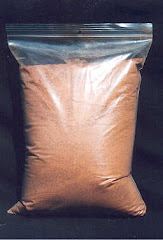..jpg)
..jpg)
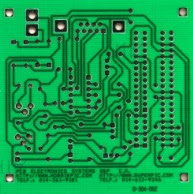
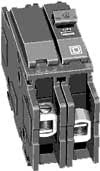
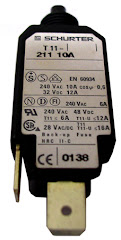

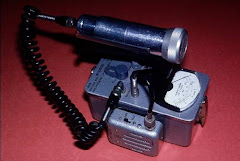


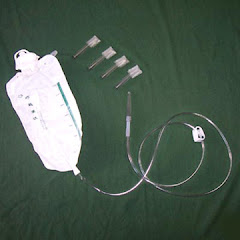.jpg)
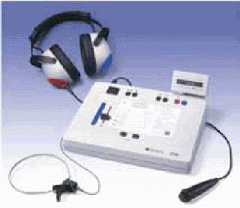.gif)
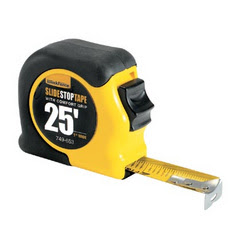.jpg)

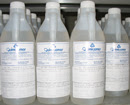

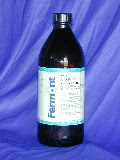



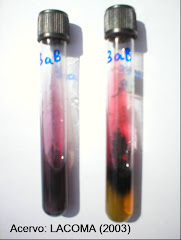

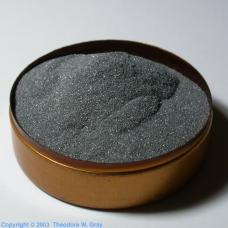..jpg)

+Stainless+steel+elbow.bmp)
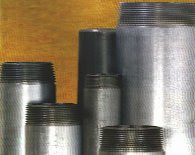


..jpg)
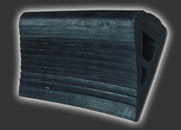
..jpg)

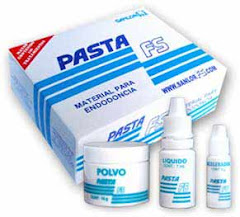..jpg)
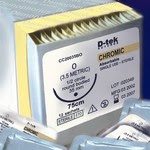



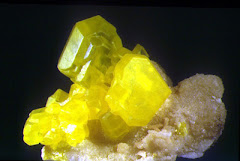
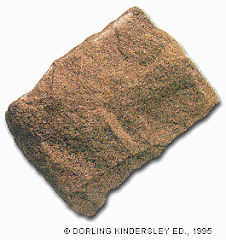
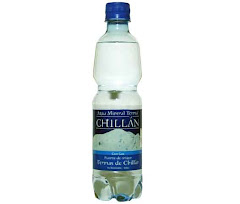
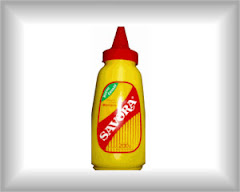

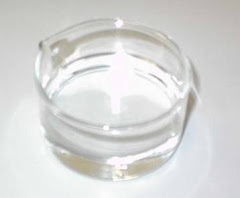





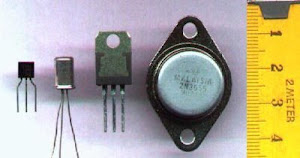
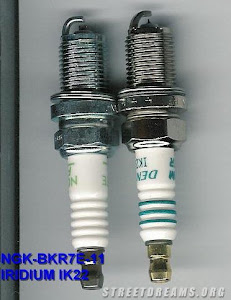


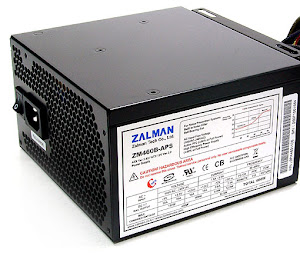..jpg)
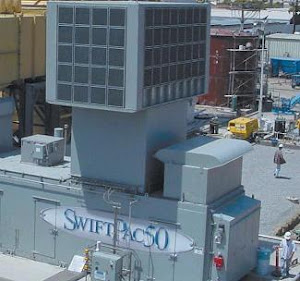..jpg)

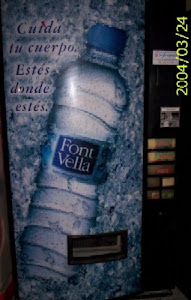
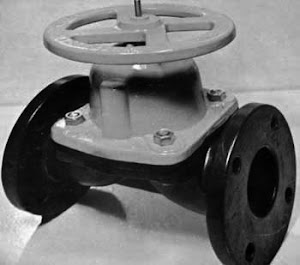..jpg)






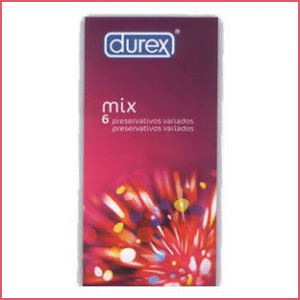
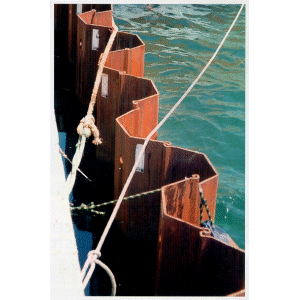Tablestacas..gif)

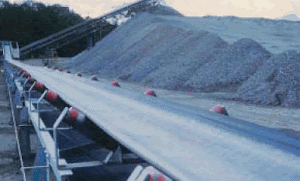.gif)
.bmp)
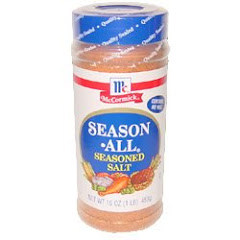
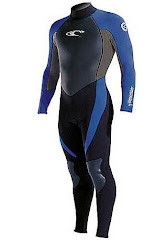


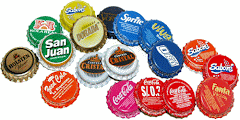


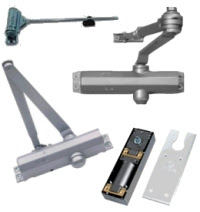

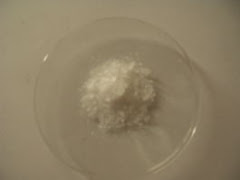

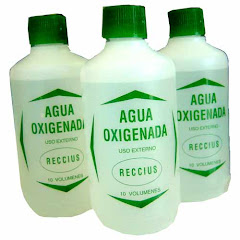..jpg)

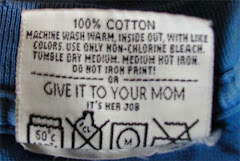
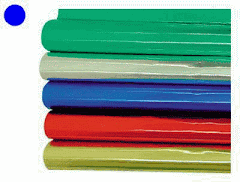
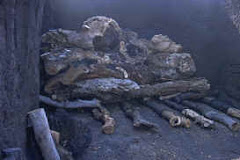.jpg)


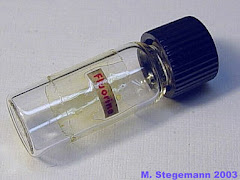
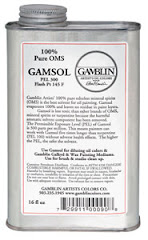..jpg)
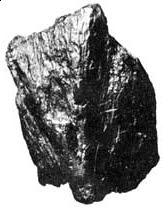

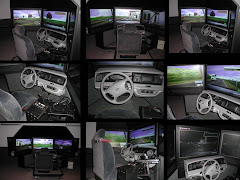
.jpg)

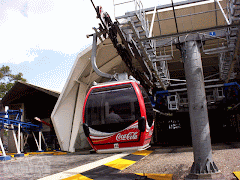

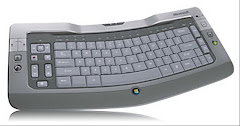
..jpg)
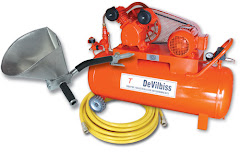
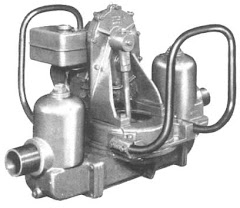

.gif)




..jpg)

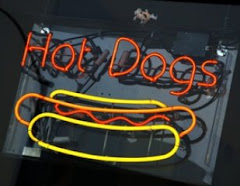

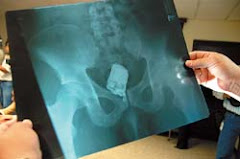
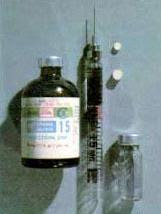
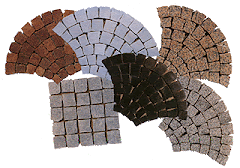
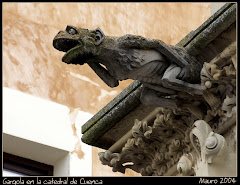
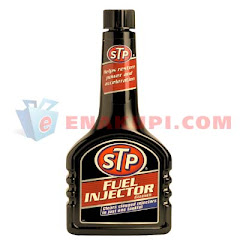






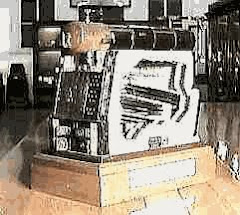
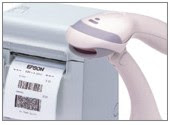
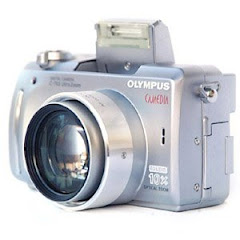
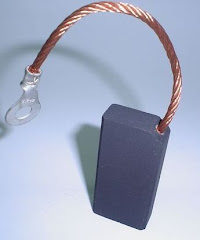



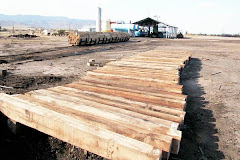+de+madera+para+vias,sin+impregnar.jpg)
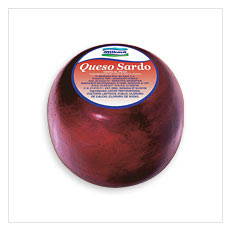

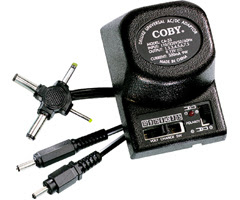





..jpg)



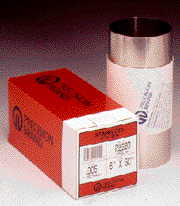.gif)
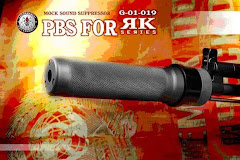

..jpg)
+de+oruga.jpg)

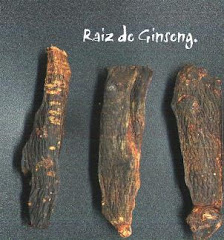
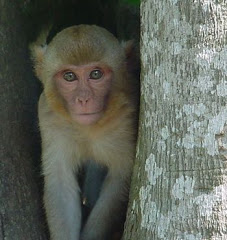
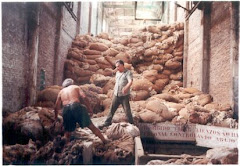


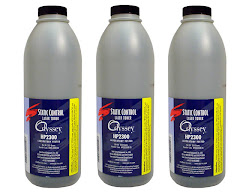
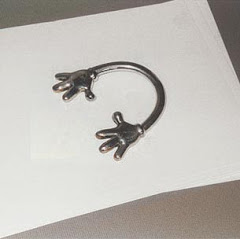

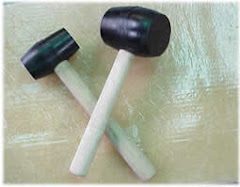
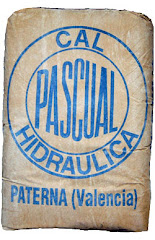




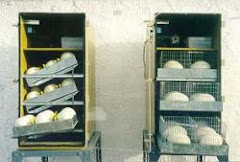

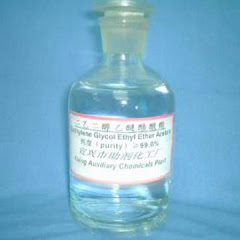

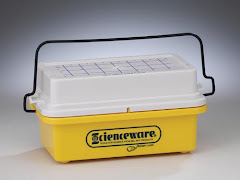+BEL-ART.jpg)
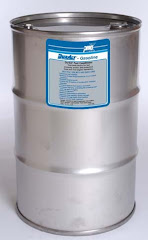
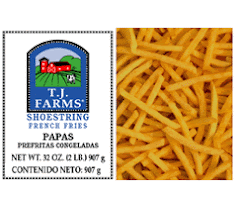
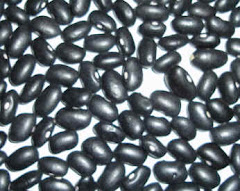

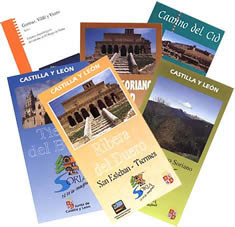


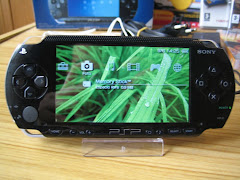

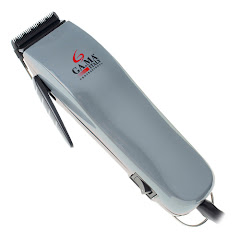

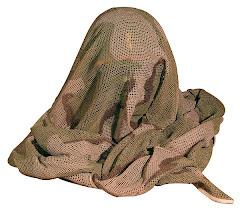.jpg)
..jpg)
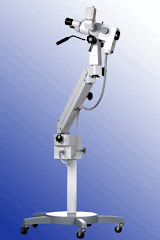.gif)
..bmp)


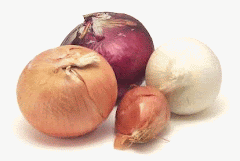
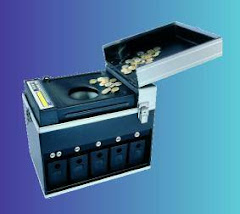
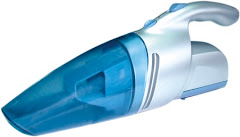
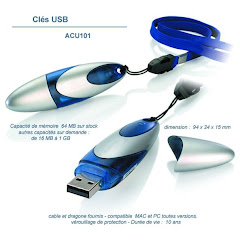.bmp)
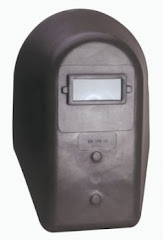

No hay comentarios:
Publicar un comentario